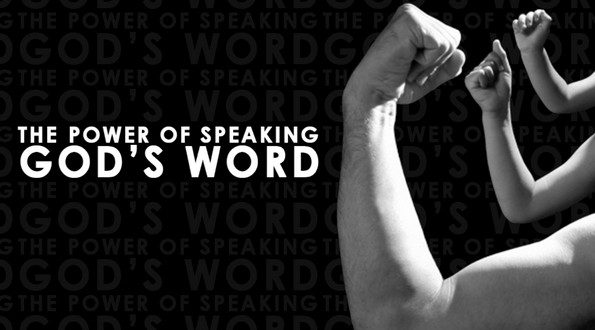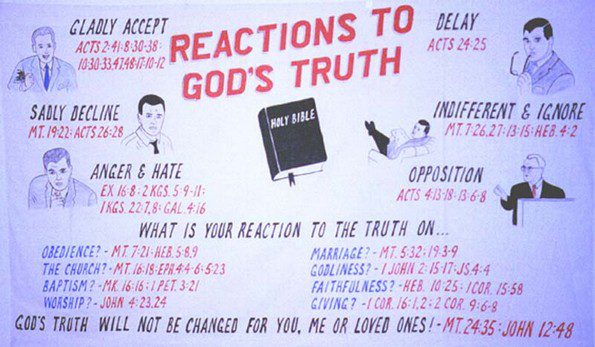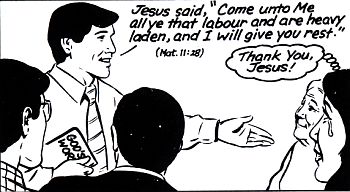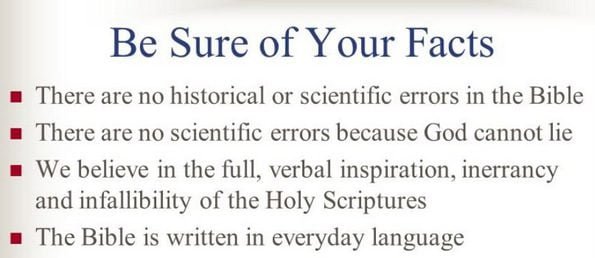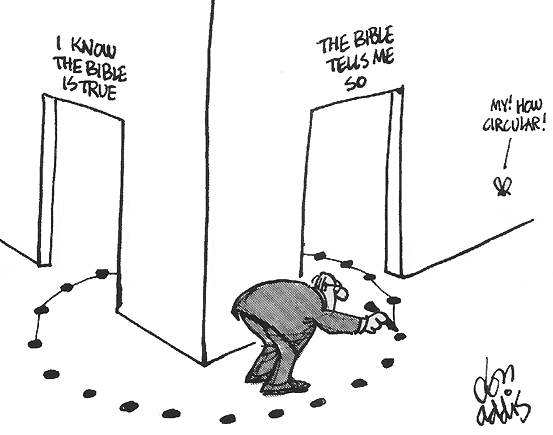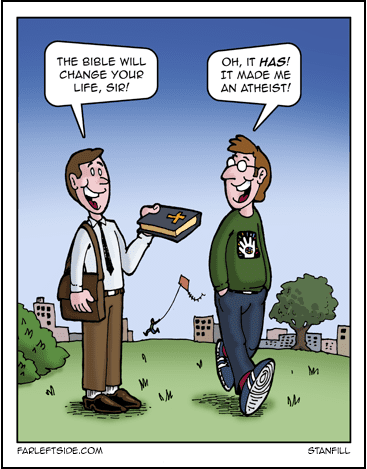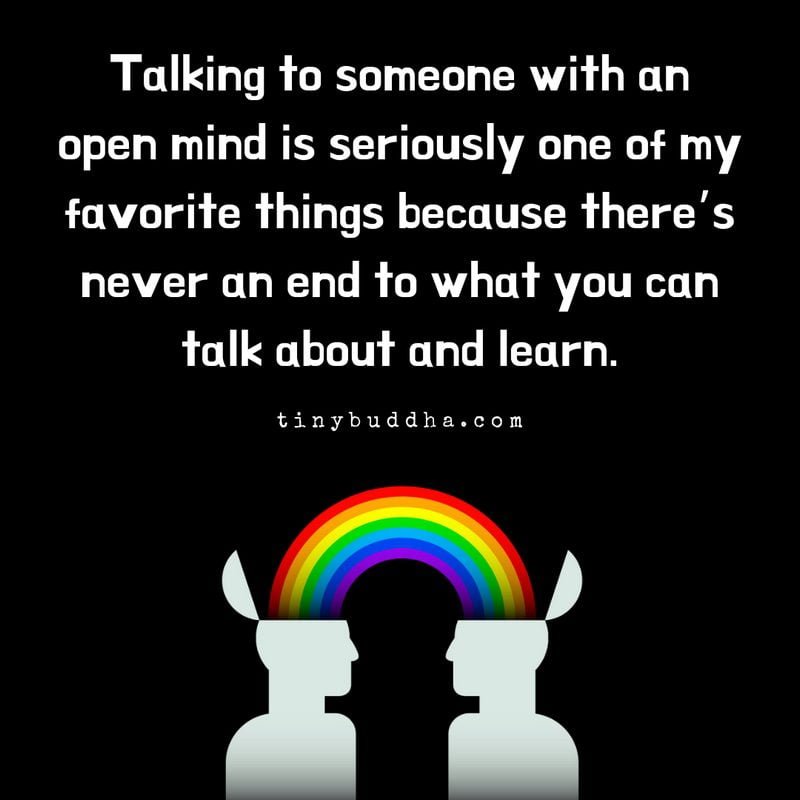
Several years ago, in an article titled Watching Bible Prophecy Fulfilled, Fundamentalist Michael Pearl detailed the so-called prophecies found in Ezekiel 38-39. Evangelicals like Pearl believe that this passage of Scripture predicts the establishment of the Jewish state and war in the Middle East before the rapture of the church and the seven-year Tribulation.
As Pearl was unpacking his theories about the future, he told the story of a Church of Christ preacher who had written a book in 1946 attacking the premillennial view of future events. The author of the book reminded his readers that “for premillennialism to be true, the Jews would have to occupy their ancient land of Israel.” The author believed such a claim to be absurd, yet in 1948, Israel became a nation. Pearl remarked, never doubt your Bible, no matter how far-fetched it seems.
Spend any amount of time around Evangelicals, and you will find out that they have many — to use Pearl’s term — far-fetched beliefs. Evangelicals believe that the Bible is a supernatural book written by a supernatural God. While this God used human instrumentation to write the Bible, its authors, empowered and led by the Holy Spirit, wrote down exactly what God wanted written. The Bible, then, contains the very words of God.
Once people buy into the myth that the Bible is God’s Word, it is easy to get them to accept the most outlandish of beliefs. Evangelicals accept them as God-uttered truth no matter how crazy these beliefs might sound to people outside of the Evangelical bubble. No amount of reason or common sense will persuade them to believe otherwise. A world created 6,023 years ago in six literal 24-hour days? Noah building a big boat in the middle of the desert, and a flood destroying the entire human race, save eight? Fallen angels having sex with human women resulting in hybrid children? A virgin woman being impregnated by God so she could give birth to a baby who was one hundred percent God and one hundred percent human? This same baby, as an adult, healing the sick, raising the dead, turning water into wine, walking on water, dying and coming back to life three days later, walking through walls, and ascending back to Heaven, promising to return in the future? All of these fantastical claims, and more, are believed by Evangelicals. Remember, never doubt your Bible, no matter how far-fetched it seems.
Ask Evangelicals if they think the foundation stories of religions such as Mormonism or Scientology are absurd, and they will, to a person, say yes! Yet, Evangelicals seem incapable of seeing their own beliefs in the same light. This is because Evangelicals have been indoctrinated, often from birth, in mythic Christianity. Evangelicals gather together every Sunday to hear a supposedly educated man remind them that the Christian myths are true. Evangelicals are expected to swallow every fantastical Bible story hook, line, and sinker. As fishermen know, let a catfish swallow a hook, and it is almost impossible to retrieve the hook without killing the fish. So it is with Evangelicals. Once they have swallowed the hook of Bible literalism, it is almost impossible to deliver them from God said it, I believe it lunacy.
The only hope for people locked up in the Evangelical padded room is for them to have doubts about the Bible’s veracity. Once Evangelicals dare to entertain the thought that the Bible might not be what their preachers say it is, they are opening the door of their mind to skepticism and reason. Preachers fear church members who dare to doubt, knowing that the path out of the church is paved with questions and doubts. Preachers remind church members that Satan caused Adam and Eve to doubt the words of God. When tempted to eat the fruit of the tree of the knowledge of good and evil, Adam and Eve reminded the serpent that God had commanded them not to eat the fruit. Satan replied, yea, hath God said (in perfect King James English)? Adam and Eve ignored the words of God, ate the fruit, and plunged the human race into sin. See what happens when you doubt the words of God?, Evangelical preachers say. NEVER doubt your Bible, no matter how far-fetched it seems.
This is why Evangelical leaders consider authors such as Bart Ehrman dangerous. Ehrman, like Satan in the Garden of Eden, says to readers, yea hath God said? Ehrman, a widely published and respected New Testament scholar, confronts Evangelical readers with evidence that thoroughly destroys the notion that the Bible is the inspired, inerrant, infallible Word of God. Focusing on the New Testament, Ehrman exposes ignorant Evangelicals to the facts about the Biblical text’s transmission and history. This evidence is so overwhelming that honest Evangelicals are forced to admit that the Bible is not what preachers claim it is. While it is certainly possible for Ehrmanated Evangelicals to hold on to some semblance of Christianity, they will never view the Bible in the same way again.
When Evangelicals stop by this blog to challenge this Evangelical-preacher-turned-atheist, I always ask if they have read any of Bart Ehrman’s books. Invariably, their answer is no. Often they see no need to read his books. Their pastors have either told them to stay away from Ehrman’s books, or they have read their favorite Fundamentalist blogger’s posts about Ehrman’s heretical beliefs. No need to investigate further. Since truth is always wasted on a closed mind, I rarely engage Evangelicals who refuse to read Ehrman’s books. Long-time readers have watched me tell Evangelical zealots repeatedly to read Ehrman, and then we will talk. Few do so, preferring to remain safe and secure in the Evangelical bubble. Until they are willing to entertain doubts and questions about the Bible, there is no hope for them. Until Evangelicals are willing to reject the irrational parts of the Bible, the parts Michael Pearl calls far-fetched, they will remain enslaved to their literalistic interpretations of God’s “perfect” words.
Bruce Gerencser, 68, lives in rural Northwest Ohio with his wife of 47 years. He and his wife have six grown children and sixteen grandchildren. Bruce pastored Evangelical churches for twenty-five years in Ohio, Texas, and Michigan. Bruce left the ministry in 2005, and in 2008 he left Christianity. Bruce is now a humanist and an atheist.
Your comments are welcome and appreciated. All first-time comments are moderated. Please read the commenting rules before commenting.
You can email Bruce via the Contact Form.


